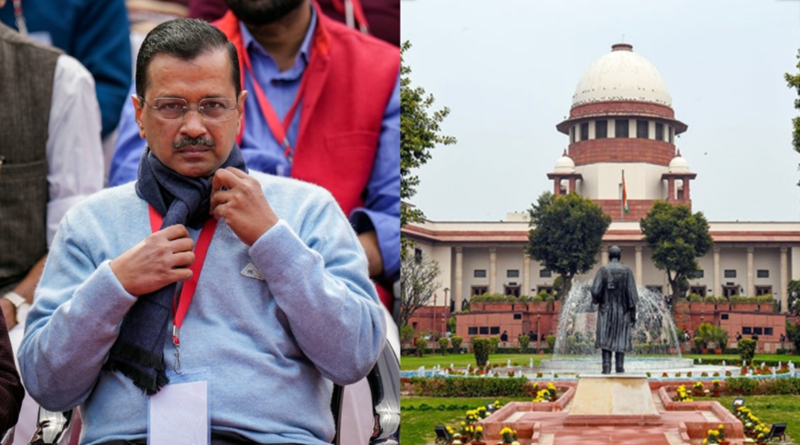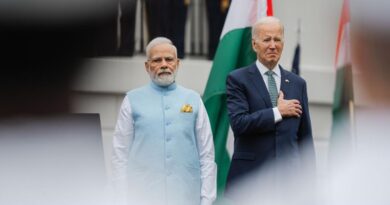Supreme Court Delays Hearing on Arvind Kejriwal’s Bail Plea, Cites ‘Unusual’ High Court Approach

New Delhi: The Supreme Court of India has deferred the hearing on Delhi Chief Minister Arvind Kejriwal’s plea to overturn the Delhi High Court’s interim stay on his bail order. The apex court has scheduled the next hearing for Wednesday, June 26, while the High Court is expected to deliver its full verdict on Tuesday.
In its remarks, the Supreme Court highlighted the unconventional approach taken by the High Court in reserving its order on the bail stay. Justice Manoj Misra stated, “In stay matters, orders are not reserved but passed on the spot. What has happened here is unusual.” The court emphasized that intervening at this stage would be premature, given that the High Court has reserved its judgment.
The situation arose after the Delhi High Court issued a stay on the lower court’s decision to grant bail to Kejriwal. This stay came in response to an appeal by the Enforcement Directorate (ED), which challenged the trial court’s ruling. The High Court’s stay effectively paused the execution of the bail order until it issued its final verdict.
During the Supreme Court proceedings, senior advocate Abhishek Manu Singhvi, representing Kejriwal, argued that the Delhi Chief Minister should remain free until the High Court rules on the ED’s appeal. Singhvi stressed that Kejriwal is not a flight risk, especially since he already has a bail order in his favor. He contended that the Chief Minister’s continued freedom is crucial until the High Court’s decision is pronounced.
The Supreme Court acknowledged the validity of Singhvi’s arguments but maintained that issuing an order before the High Court’s verdict would be tantamount to prejudging the case. “It is not proper to interfere when the High Court has reserved its judgment,” the Supreme Court observed.
This legal battle stems from an ongoing investigation by the Enforcement Directorate into allegations against Kejriwal. The specifics of the case involve complex financial transactions that the ED claims are linked to unlawful activities. The trial court had initially granted bail to Kejriwal, but the ED’s challenge has now brought the matter to the higher courts.
The Supreme Court’s decision to delay the hearing until after the High Court’s verdict underscores the judiciary’s cautious approach in handling high-profile cases. The outcome of this legal tussle is eagerly awaited, as it holds significant implications for Kejriwal’s political career and the broader legal landscape regarding bail procedures.
As the situation develops, all eyes will be on the Delhi High Court’s forthcoming verdict on Tuesday, which will likely influence the Supreme Court’s subsequent actions in this high-stakes legal matter.
Follow for more information.





